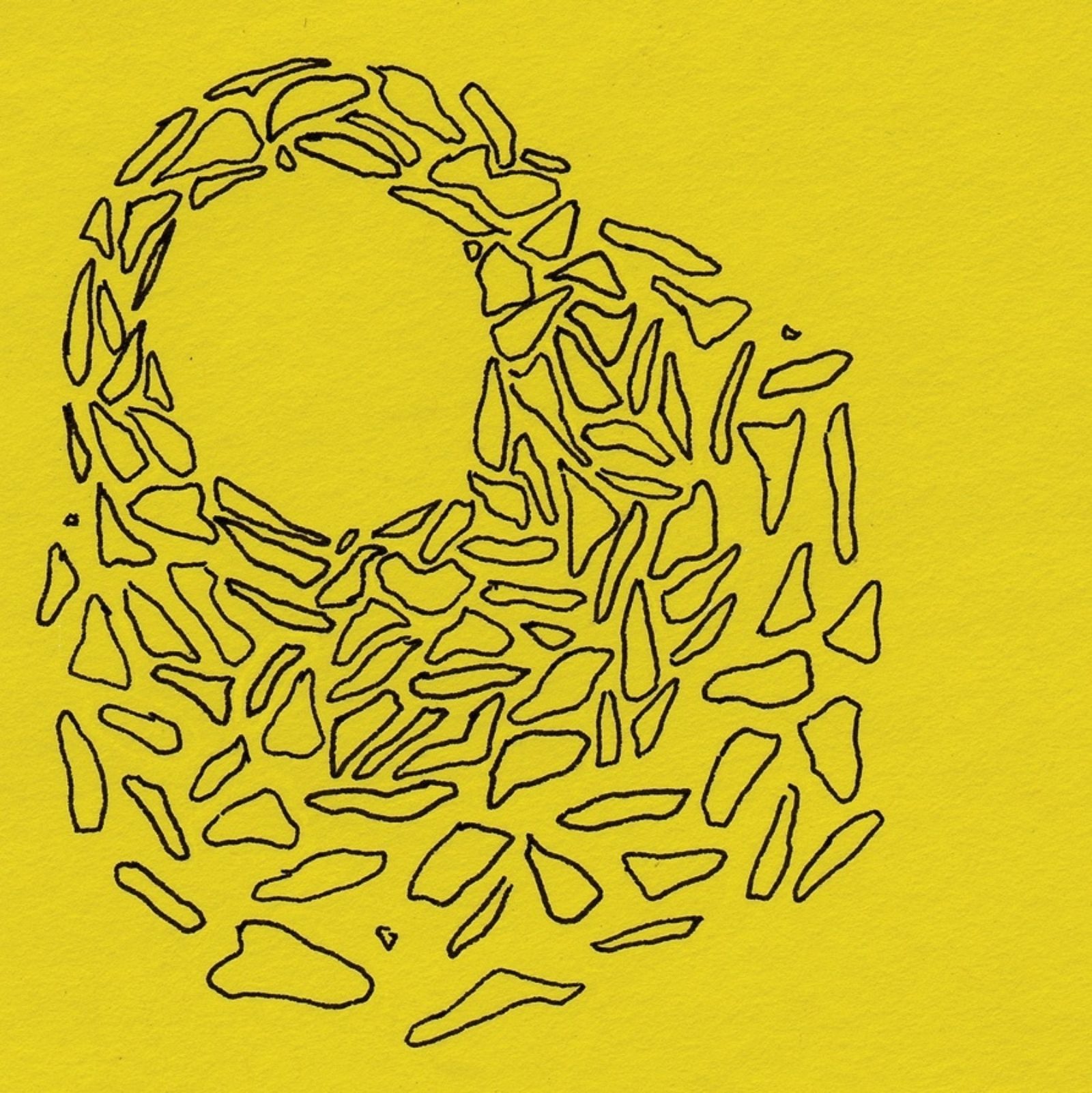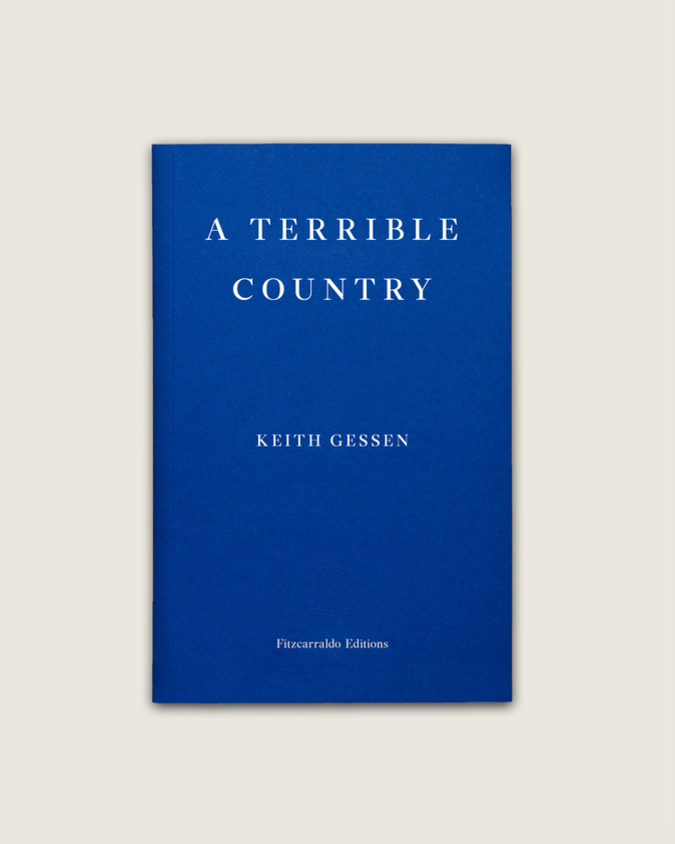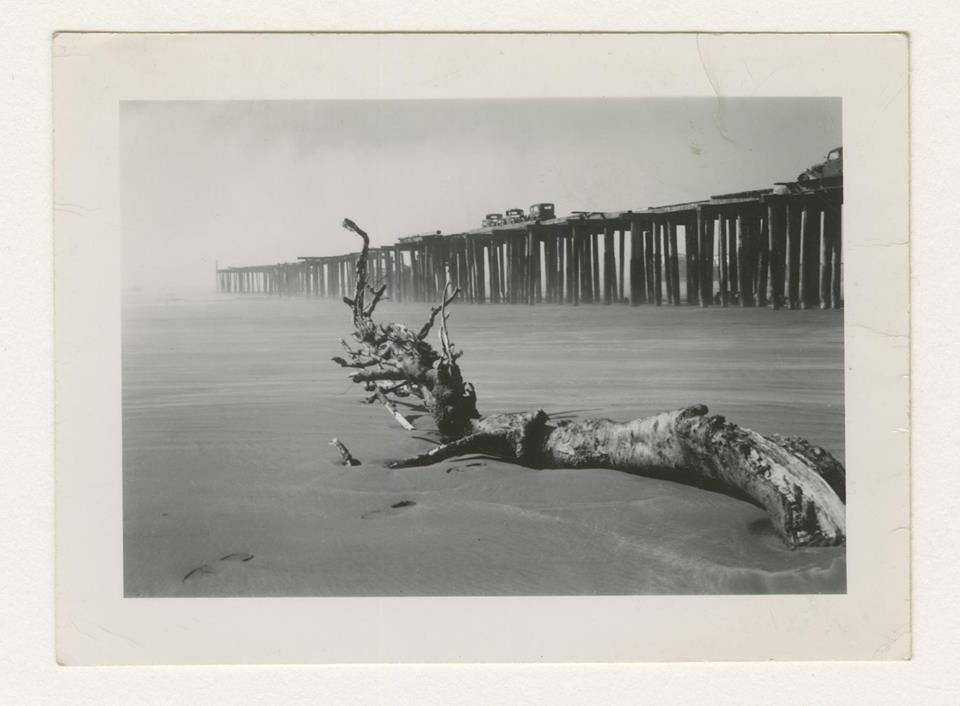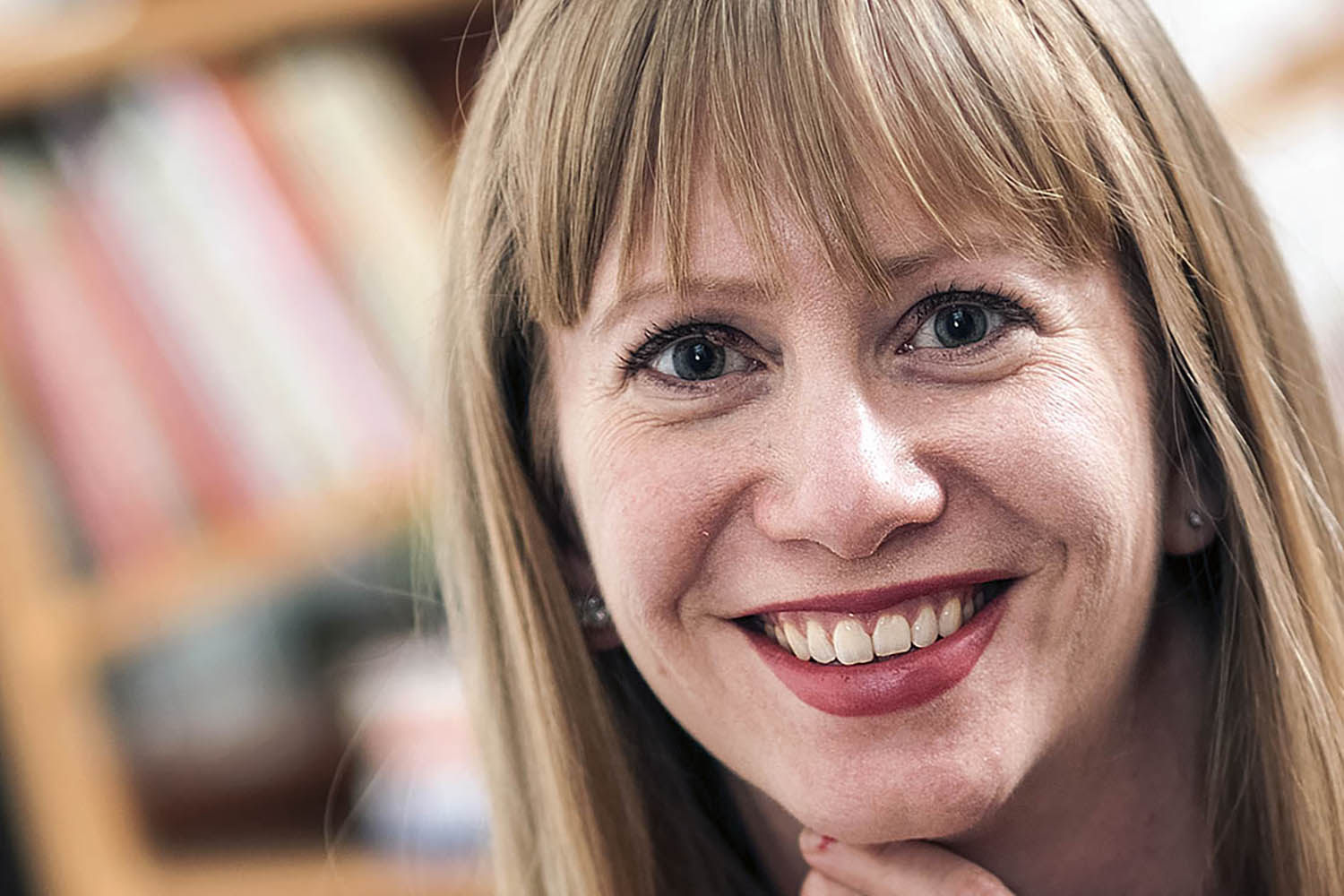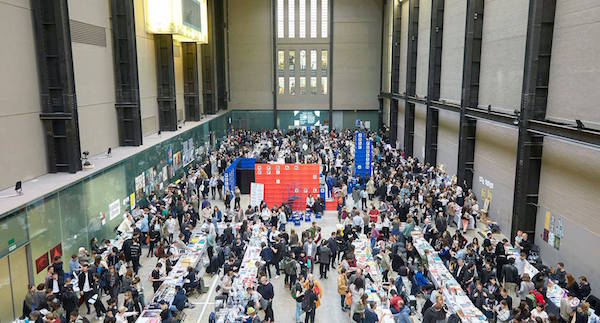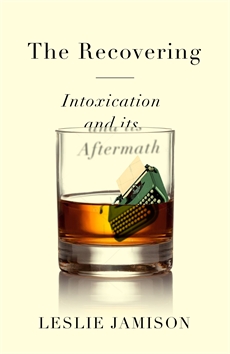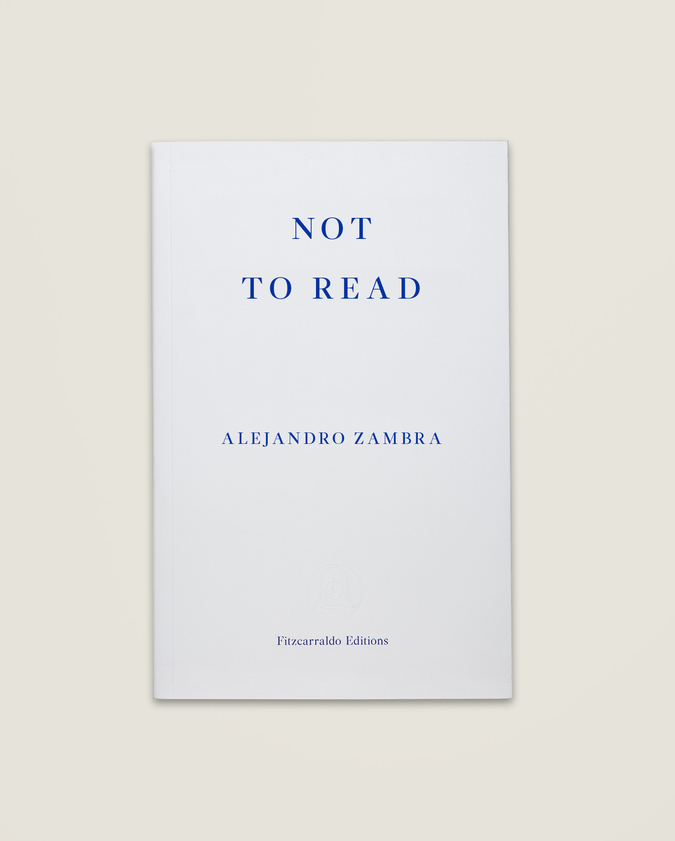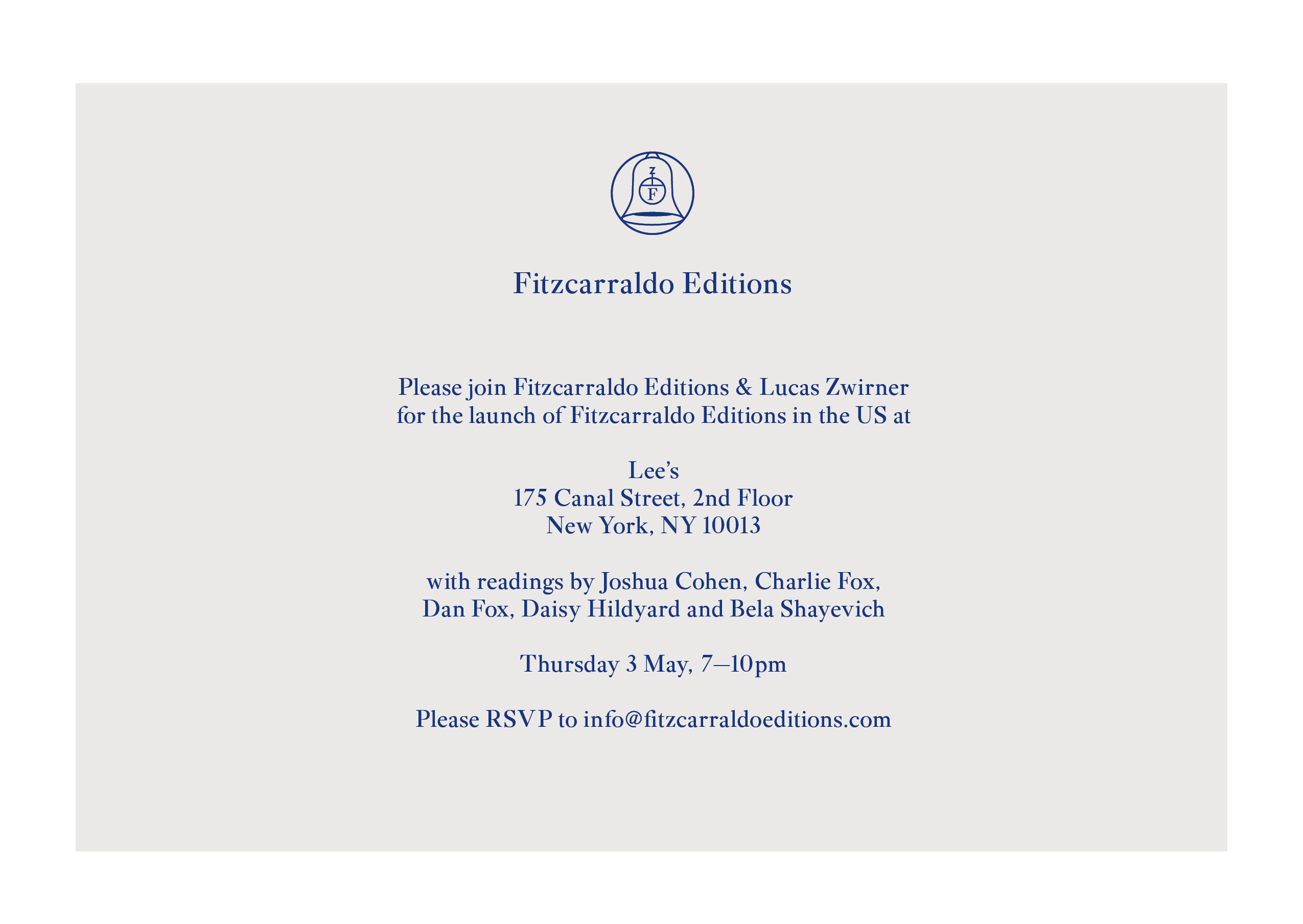
For Lit Hub, John Keene’s essay on literary style:
When I first began writing as an adult, although one of my major literary spurs to attempting to put words on the page was Alice Walker’s fiction, I found myself more drawn to the style of John Edgar Wideman. In fact, one of my first published stories heavily mimics his style, particularly his use of clauses connected by commas. The effect beyond sinuous sentences, is to knit a narrative net, to create a capacious space in which all sorts of things, voices, shifts in tone, actions, are visible and can emerge. In the hands of a pro, as he was then and still is, the style can be evocative and effective. In my hands, the results perhaps were cloudier. When I submitted the story to an anthology, the editor, assuming my commas errors, or perhaps attuned less to what I was attempting and more to his own training and aesthetics as a writer, changed a number of them to periods. The result was a transformed story. I got very upset. But eventually, rereading the story, I grasped why he might have reacted the way he did, and worked to ensure that the style did not precede or occlude the content. At least, to the extent that I could.
*
Conversations overheard from infancy on. Kitchen (table) talk, telephone conversations. Banter, indoors and out. Schoolyard back-and-forth. Books, comics, newspapers, magazines, films, TV shows, the radio, records. Jazz, R&B, rock & roll, pop, hip hop, punk, House, classical and art musics. Studies in Latin, French, Greek, German. Later self-taught Esperanto, Portuguese and Spanish, other languages, snippets, texts in other languages. Translating other languages. Imaginary and invented languages, mine and others. Texts I cannot read but pore over nevertheless. Archival documents. The sounds and shapes of nature and the body itself, technologies human and otherwise. Silence.
*
“The difference between prose and poetry no longer derives from issues of quantity or technique, but of quality: the style is in fact perceived as a sproduct of a particular and unrepeatable sensibility)”
–Fiorenza Lipparini, “L’oscurità nella poesia moderna,” in Lettere Italiane, LXI, N.2, 2009
*
I may once have read and heard someone say, apropos of fiction—though never of poetry or drama—something along the lines of one’s style should not be “intrusive” or “obtrusive.” But a few of the fiction writers I deeply admire have or had demonstrative styles: Laurence Sterne, Gustave Flaubert, Henry James, Marcel Proust, William Faulkner, Virginia Woolf, Ernest Hemingway, James Baldwin, Yasunari Kawabata, Thomas Bernhard, José Lezama Lima, Gabriel García Márquez, R.K. Narayanan, Manuel Puig, Ernest Gaines, Wilson Harris, Raymond Carver, Alexander Kluge, Muriel Spark, Clarice Lispector, Guy Davenport, David Foster Wallace, James McCourt, C.E. Morgan, Dennis Cooper, Laszlo Krasznahorkai, Renee Gladman, and Marlon James. In each case the style for me is synonymous with the writer. Yet I also adore and often return to writers for whom style, while compelling, polished and influential, is sometimes less obvious or overt, at times shifting and recalibrating within and across texts, according to the demands of the narrative at hand, resonating indelibly with the work’s content: Willa Cather, Toni Morrison, Angela Carter, Toni Cade Bambara, Paule Marshall, Ursula K. Le Guin, Leslie Marmon-Silko, Juan Goytisolo, Julia Álvarez, Maryse Condé, Christine Brooke-Rose, J.M. Coetzee, Gish Jen, Jayne Anne Phillips, Samuel R. Delany, Alice Munro, Sarah Schulman, Edwidge Danticat, Tayari Jones, Bernardine Evaristo, Chris Abani, Jeffrey Renard Allen, and Bhanu Kapil, to name a few. Interestingly, to me at least, the first group are nearly all male writers, while the second includes many women and writers of color.
*
Vivid literary style that overpowers content is a plain metal coat rack heavily festooned with a basement’s store of holiday ornaments; powerful content with inadequate style is a giant evergreen onto which someone has attached a few strands of Mardi Gras beads, strips of paper and a couple of Post-Its. In both cases, we are still compelled to look, even if momentarily.
*
“To emphasize style is to slight content, or to introduce an attitude which is neutral with respect to content.”
–Susan Sontag, A Susan Sontag Reader
*
Style is not just the clothing in which we place the body of the text, but the body itself fitted, as well or poorly as we imagine and sew them, to that body.
(…)
